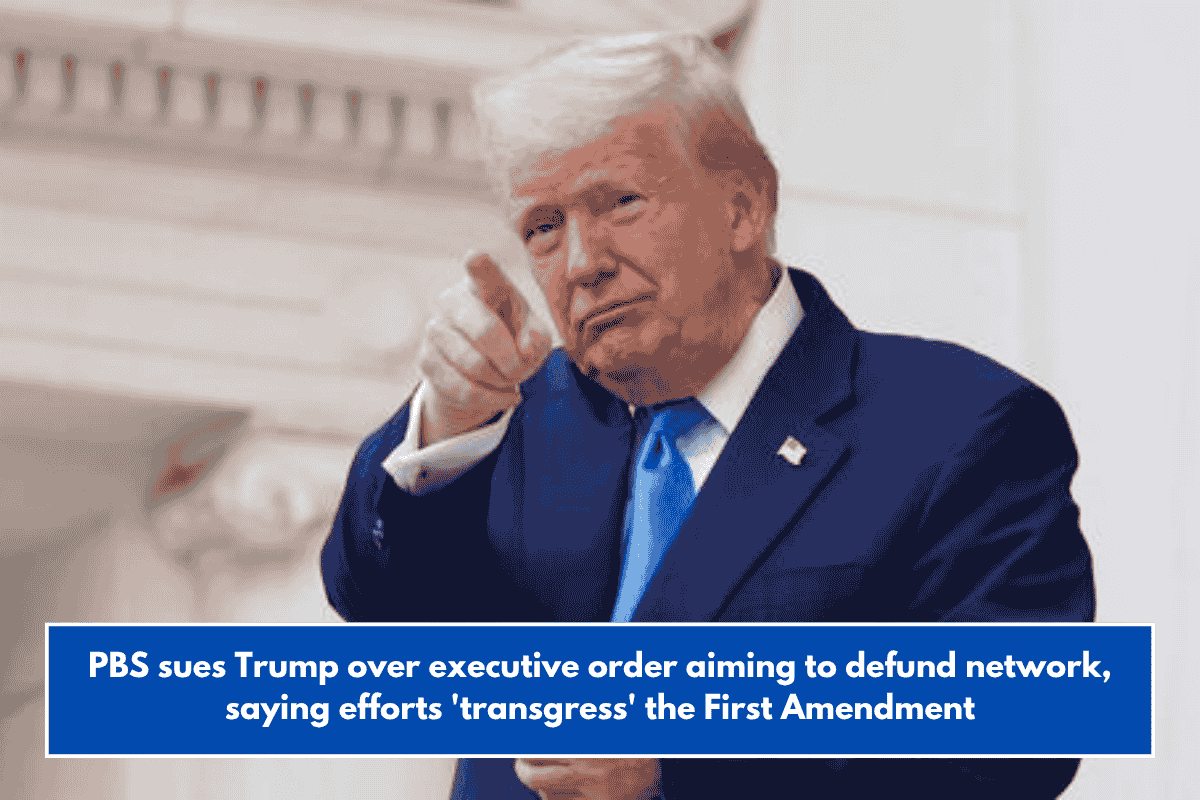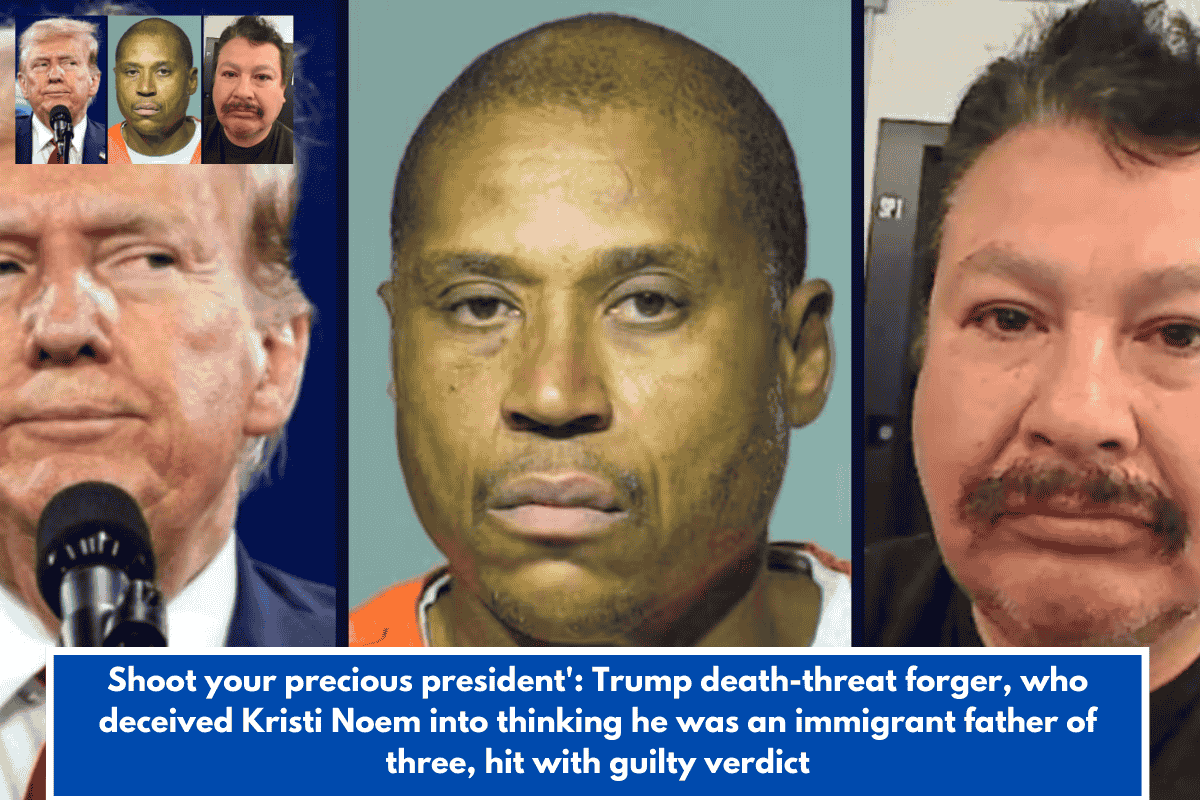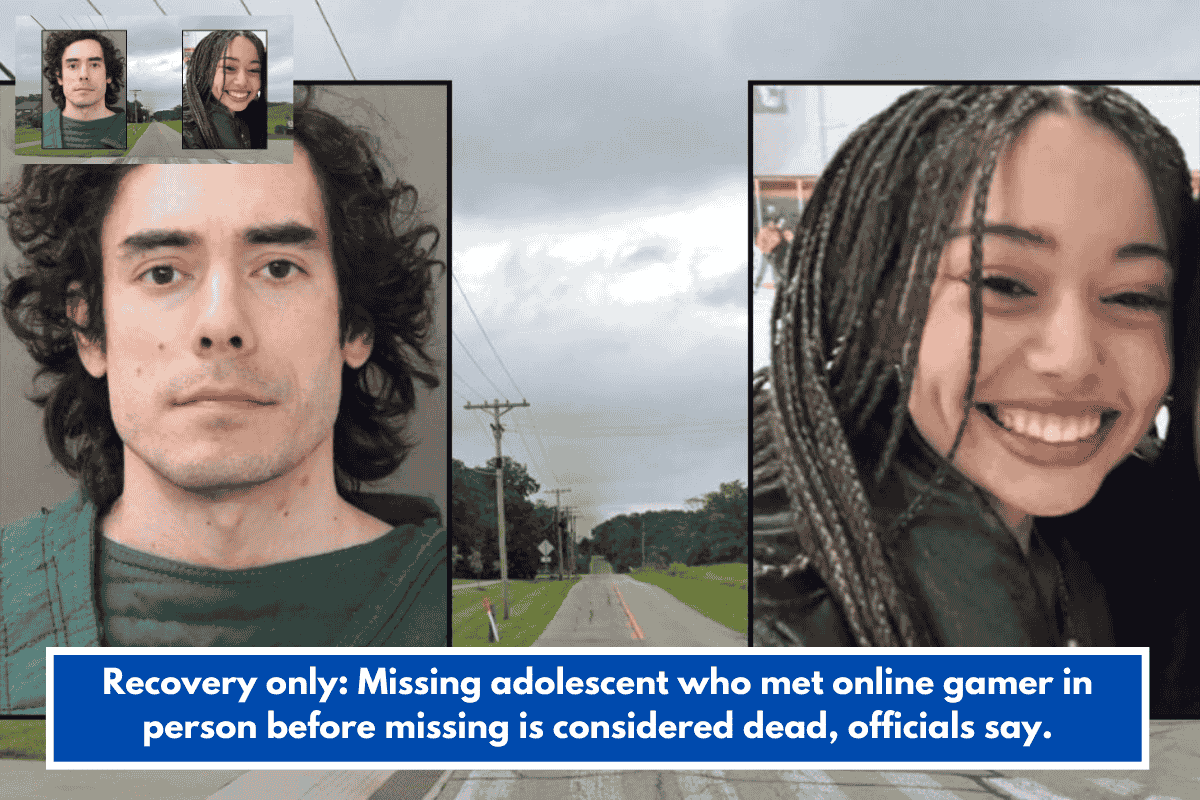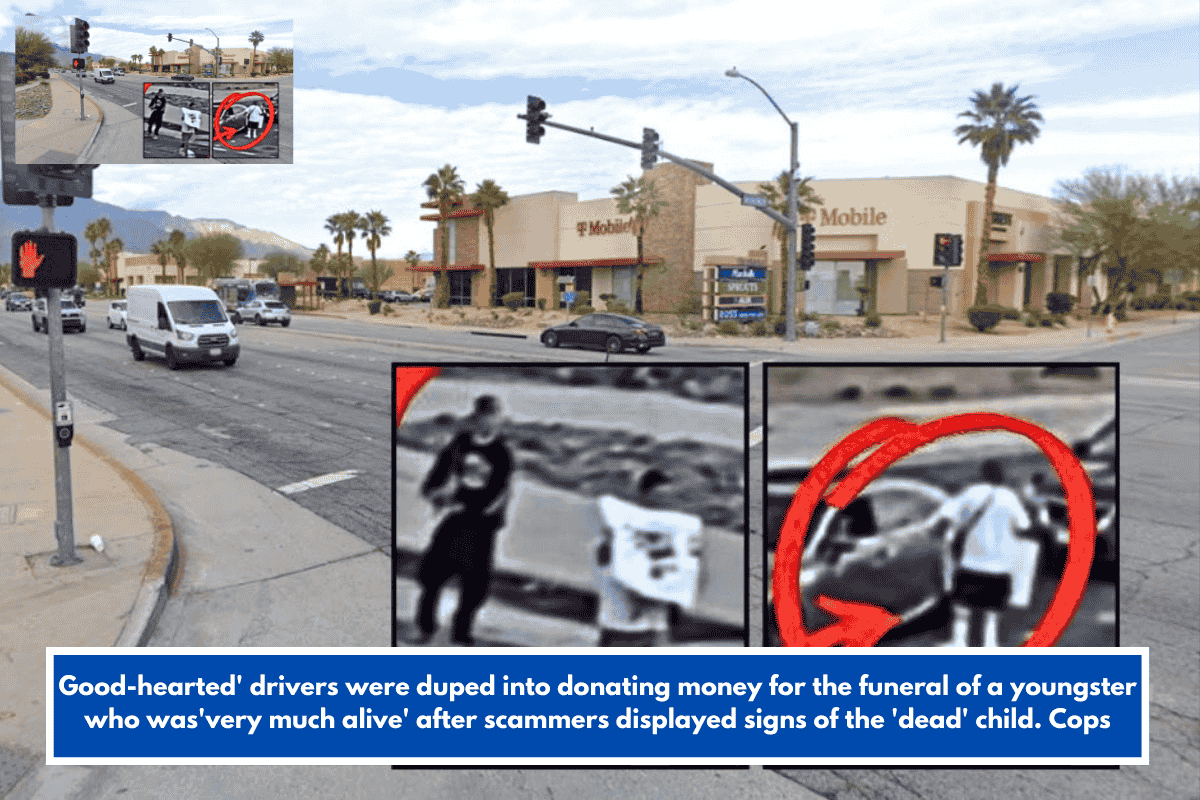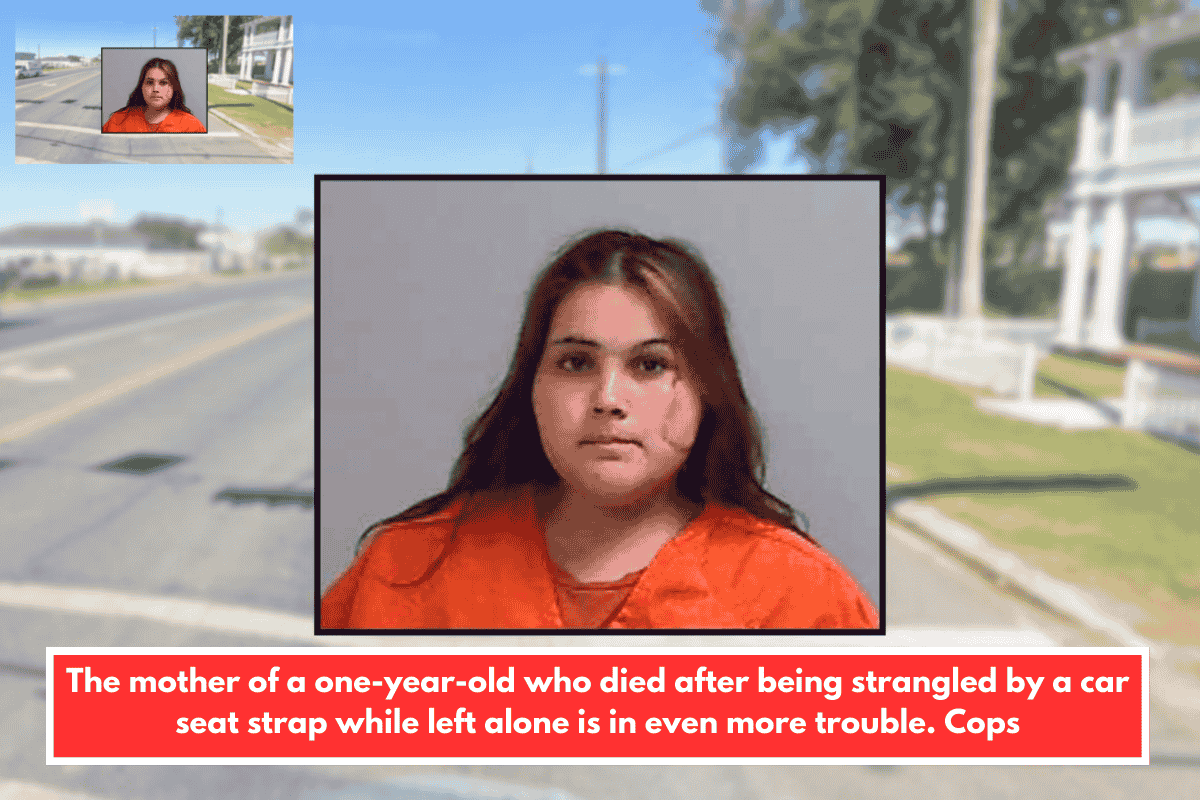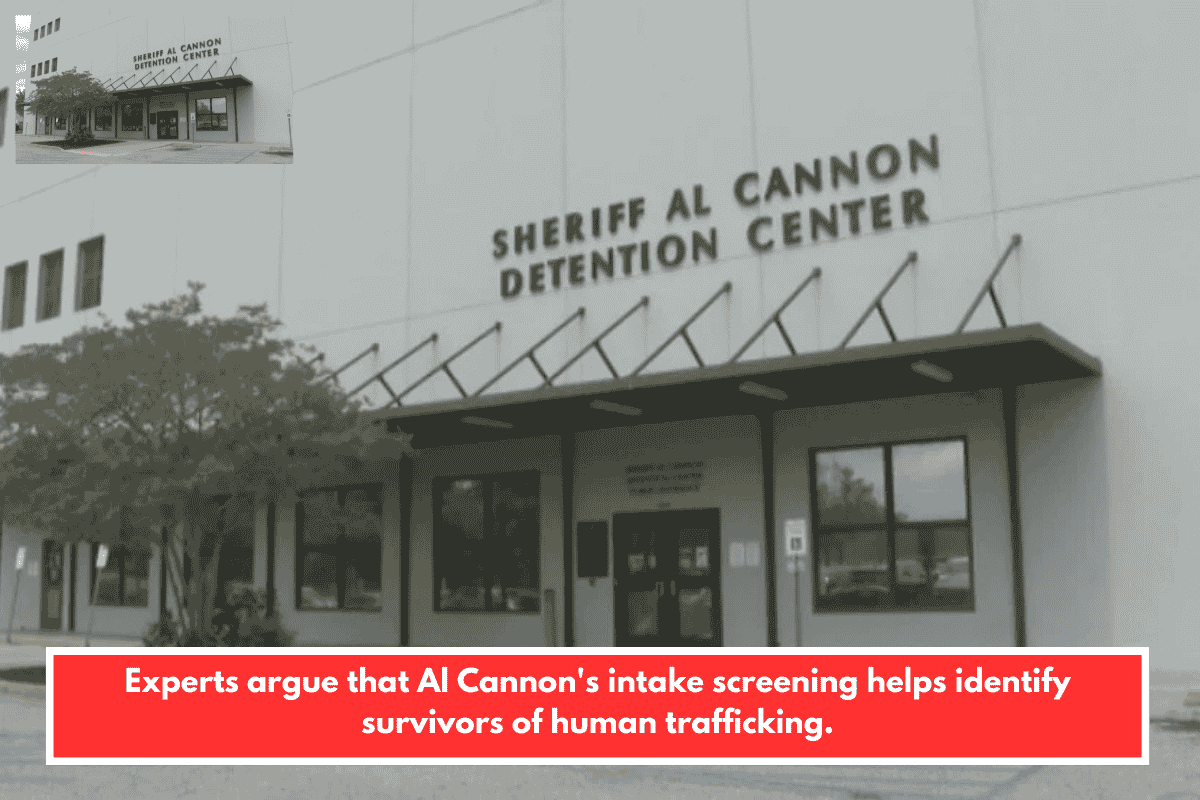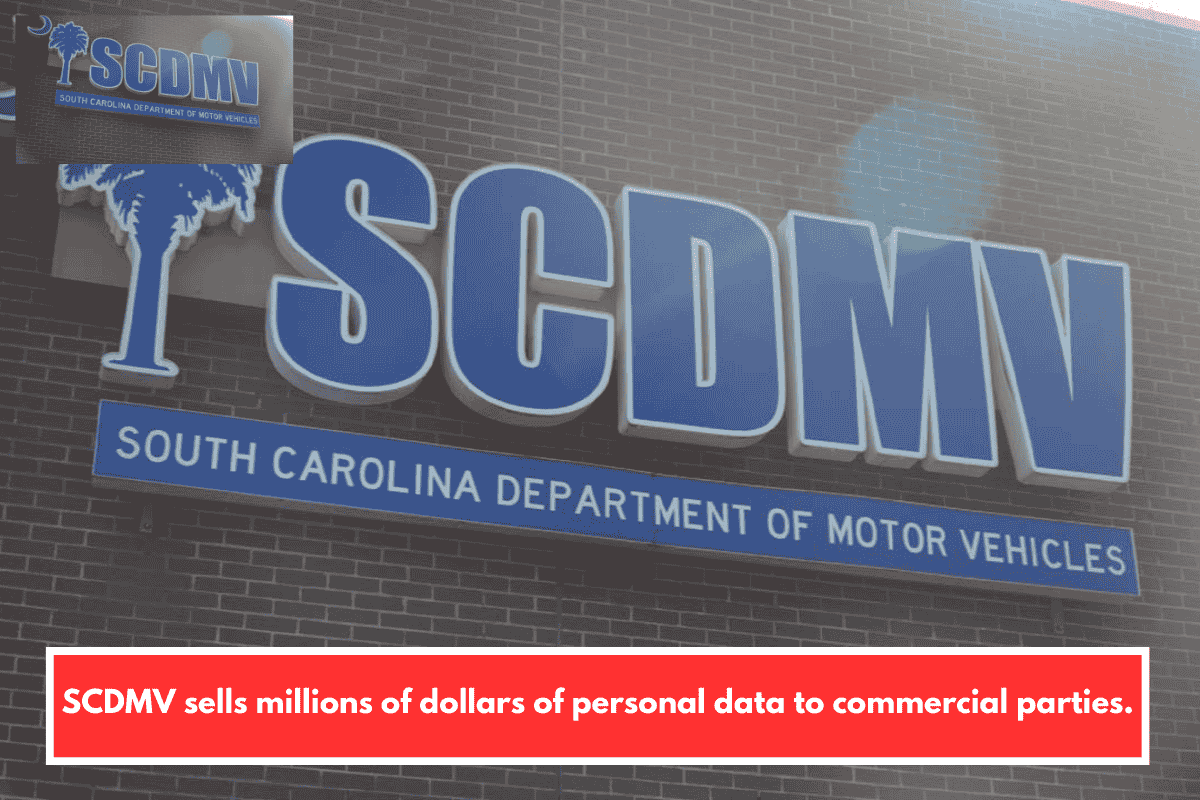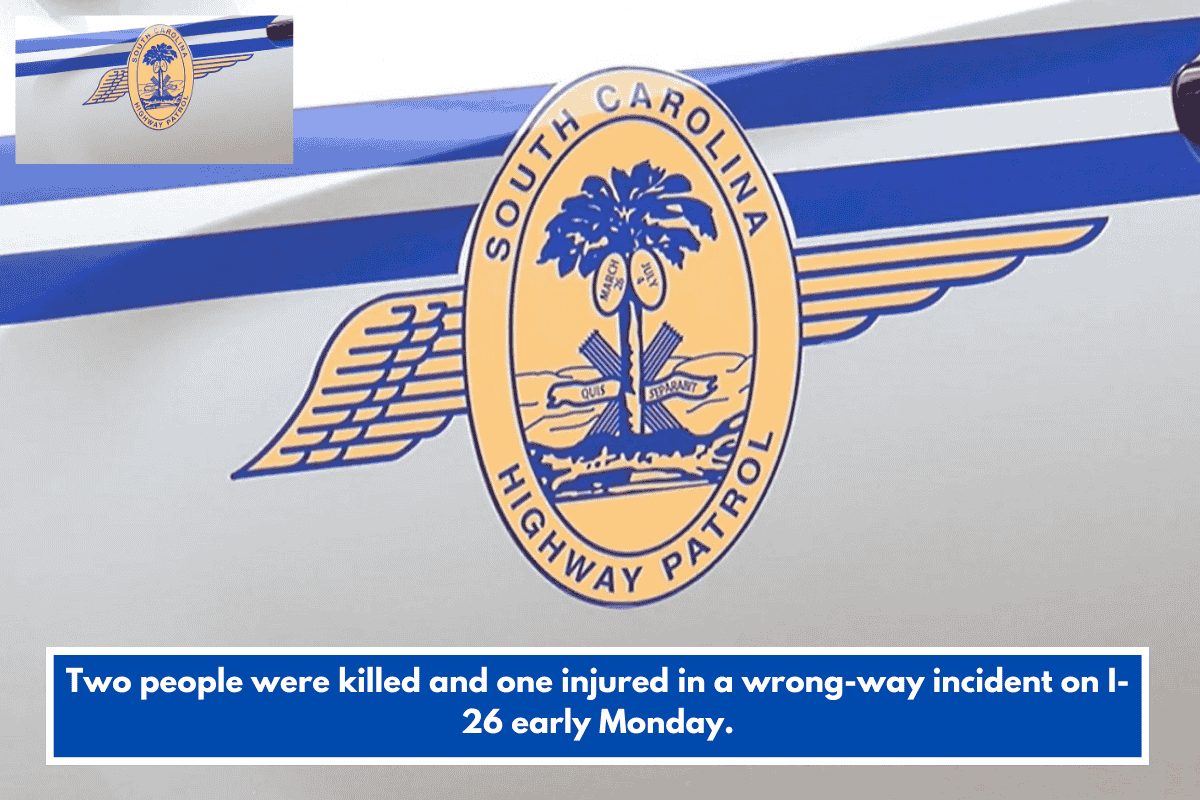Public Broadcasting Service (PBS) and Lakeland PBS, a Minnesota affiliate, have filed a lawsuit against former President Donald Trump in a Washington, D.C. federal court. The suit challenges Trump’s Executive Order 14290, which aims to stop federal funding for PBS and National Public Radio (NPR).
What Does the Executive Order Say?
Issued on May 1, the order claims PBS and NPR do not provide “fair, accurate, or unbiased” news coverage. It directs government agencies to halt funding for these public media organizations.
PBS’s Response and Legal Arguments
In a detailed 35-page complaint, PBS and Lakeland PBS argue that this presidential action is unprecedented and unconstitutional. They say Trump has no legal authority to decide what content PBS produces or to cut their funding based on political disagreements.
The lawsuit states, “Our Constitution and laws forbid the President from serving as the arbiter of PBS’s programming content.” It also highlights that Congress has protected public broadcasting from political influence for over 50 years by ensuring funding flows through an independent, nonpartisan organization.
Historical Context
PBS was created in 1969, followed by NPR in 1970, under laws that specifically prevent federal government officials from controlling their programming or operations.
First Amendment Concerns
The lawsuit claims Trump’s order targets PBS because of its speech and news coverage, which violates the First Amendment’s protections for free speech and freedom of the press. The complaint describes the order as blatant viewpoint discrimination and an attempt to punish PBS for perceived political bias.
Overreach of Power
PBS argues that the President is trying to bypass Congress, which is the proper authority to decide funding levels. They assert the executive order tries to rewrite laws and control election-related media coverage, which is beyond the President’s power.
Importance of PBS
PBS emphasizes its value by serving nearly 97% of Americans with commercial-free educational content, including the popular PBS KIDS programming that reaches more children than any other network. Its audience is diverse, representing different political views and regions, especially rural areas not served by commercial media.
What’s Next?
PBS and Lakeland PBS ask the court to block the executive order, protecting their ability to provide unbiased public television and radio programming without political interference.

